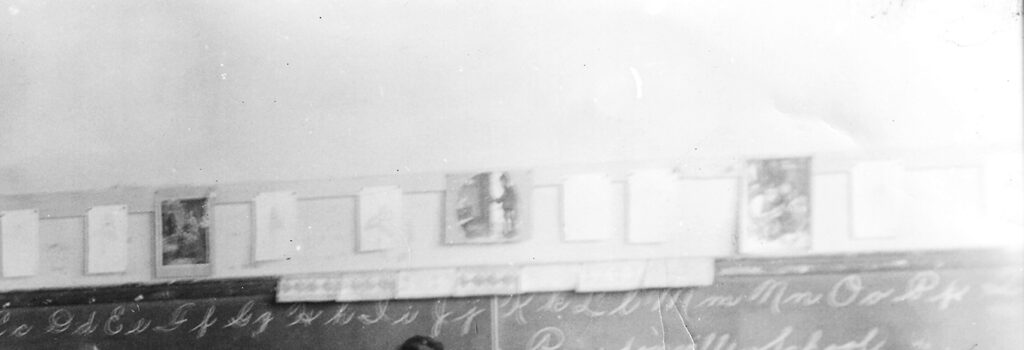
Not everyone in the greater communities were on board with this vision “on the grounds that they [meaning Japanese Language Schools] conflict with and hinder the program of the public school because they involve additional work for one or two hours every school day for the Japanese children. The extra work taxes the strength of the children and injures their health.”[1] There was also protest that “the language schools are an organized attempt to keep them from becoming loyal Canadians” which was far from true, but given the language barrier, it is unlikely that people outside of the Japanese community read or were familiar with the goals of the schools.[2] A survey done in the early 1950s of the “Second Generation by the Canadian Japanese Association” indicated that the extra work could indeed be taxing for the children but the main objection held against the schools by whites was “on patriotic grounds.”[3] However, language schools were common, not only among the Japanese but also for Germans, Italians, and other immigrants.[4]
In 1940, the Minister of Education, Dr. Weir, submitted the bill “Foreign Language School Control Law” to the BC Legislature.[5] It was passed easily due to a focus on the war and in consequence, running a foreign language school required an application be submitted for approval by the Inspector of Ministry of Education.[6] Hashizume notes that “the Inspector had the authority to appoint or dismiss teachers and to determine what subjects [could] be taught.” [7] This grew out of concern that “German and Italian language schools were teaching students ultranationalism of their mother countries” and it was easy to consider Japanese Language Schools as a similar threat.[8] Further exploration of the war on education in the Fraser Valley continues under World War II, Racism, and Education After the Displacement.
[1] Charles H. Young, Helen R. Reid, and W. A. Carrothers. The Japanese Canadians (Toronto, University of Toronto Press, 1938), 137. Mission Community Archives, Mission, BC.
[2] Young et al., 137.
[3] Young et al., 137.
[4] Young et al., 137.
[5] Yasutaro Yamaga. History of Haney Nokai, trans. William T. Hashizume (North York: Musson Copy Centre, 2006), 63. Mission Community Archives, Mission, BC.
[6] Yamaga, 63.
[7] Yamaga, 63.
[8] Yamaga, 63.